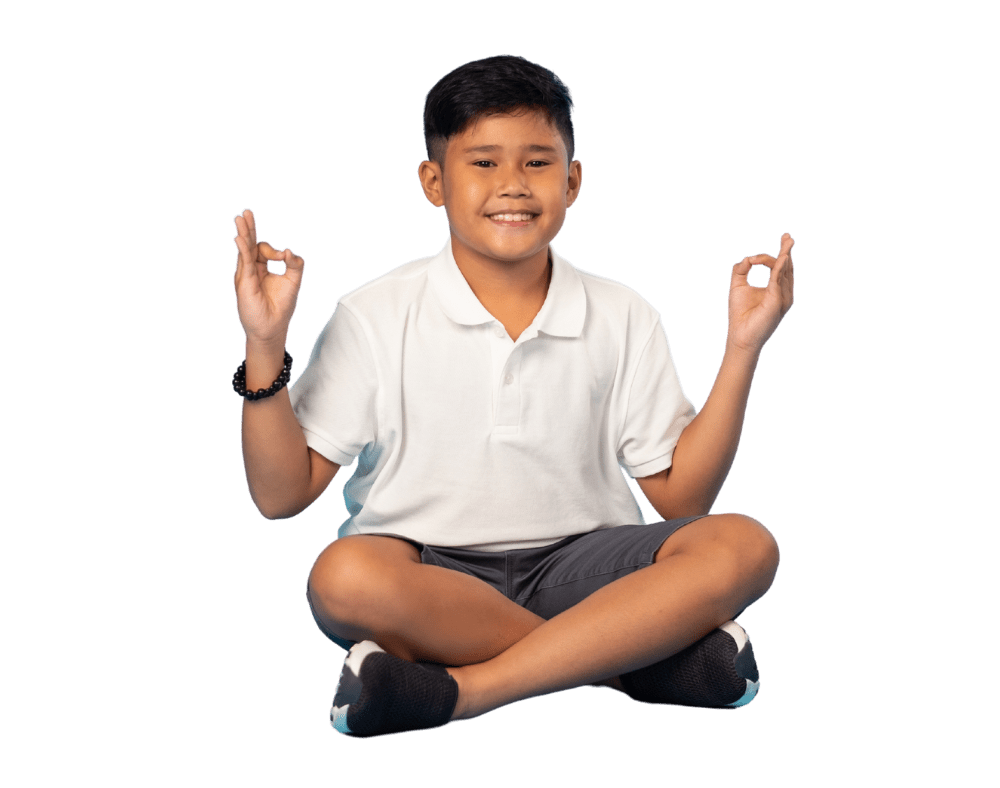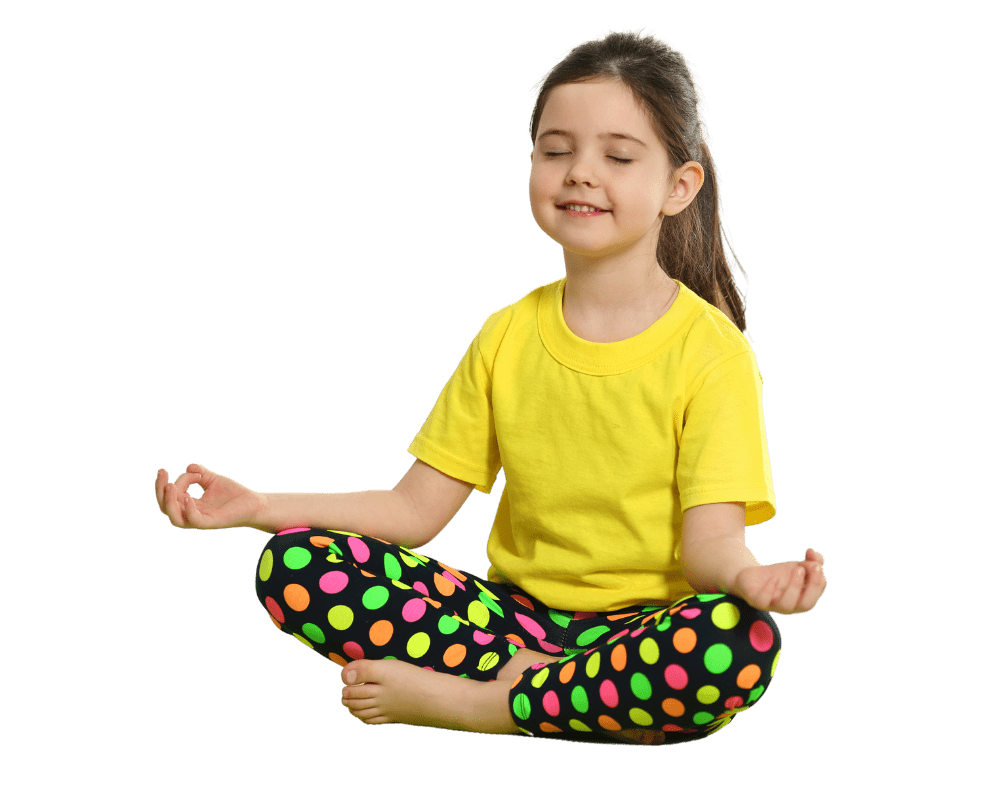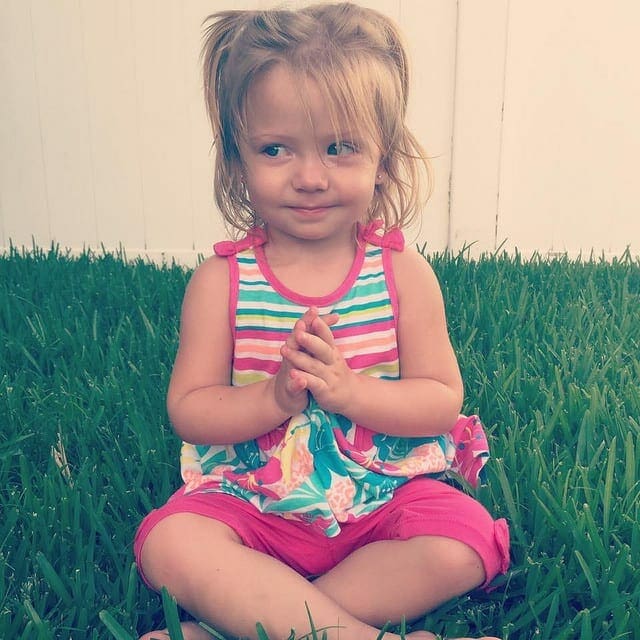
When was the last time you sat down with a child and let them tell you how they see their world? Have you ever asked a child to describe what she is seeing around her. When she does this, how quickly do you start talking-filling in the “gaps”?
What would happen if you let the “gaps” be? Let the child fill her own gaps. You may both discover something about the way she sees her world. The way she thinks. What she knows and who she is.
Children do not process as quickly as adults. Yet our fast paced world rarely gives a child the time she needs to really observe, process and then express what she has observed. We move children from thing to thing, topic to topic, subject to subject at an adult pace. Sometimes we say it’s because kids have short attention spans. Yes, they may have short attention spans, but they can also focus. Sometimes they just need to be given the opportunity.
I have a private yoga client who is the middle child in a family of six kids. His parents started him working with me because “he doesn’t pay attention” and they heard yoga was good for kids with ADHD. Yet, when I brought him into my yoga space, he was more attentive than some of my ad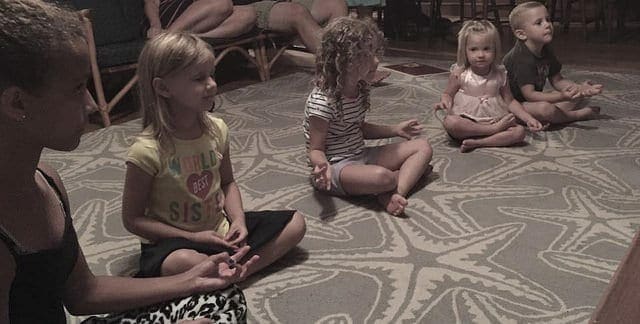
Now I’m not saying we shouldn’t teach our kids and should just leave them to figure it our on their own. There are things that need to be directly taught. But particularly when it comes to their perception of the world in which they live, children need to be heard. They need to know that they have observations, perceptions, experiences that are all their own. It is through learning how they see the world that they learn who they are. And we as the adults in their lives get to discover that right along side them. Yet it’s their journey;their discovery. Just as we as adults have our own.
Kids need to learn to process and problem solve, something they largely learn by doing and practicing. If we keep asking our children questions, keep telling them what they see, there comes a point where they can’t see or think through our chatter. They are neither able to hear what we are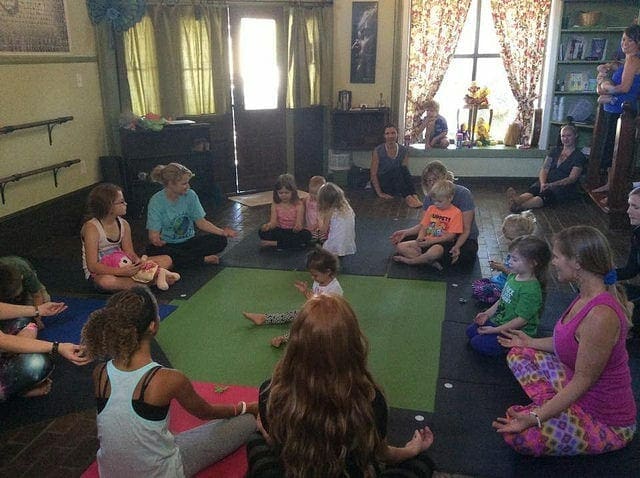
So how do we as adults help our children learn about their world and themselves? Easy, we ask one question and then we stop and listen. We encourage them to tell more; to describe. Even if you know you just have to tell them this one thing. Stop, and listen. Their sense of self depends on it.

